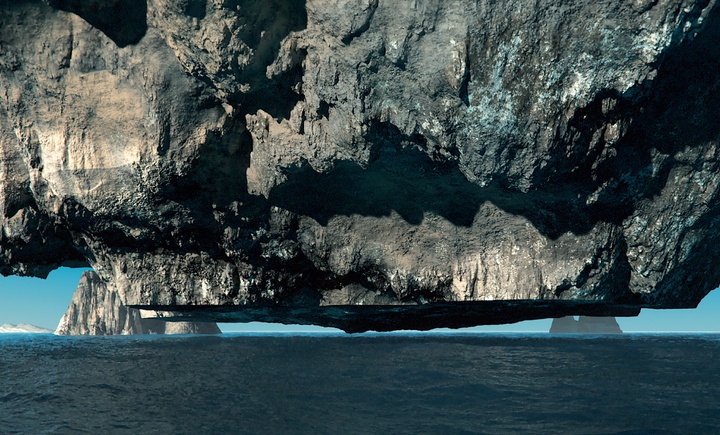
Article
Replay : Forum Vertigo 2017 - Espace simulé et formes du digital
En 2017, la première édition du Forum Vertigo a traité des thèmes de l'architecture et de la conception 3D, de la simulation et de la réalité virtuelle, des makers, du design et de la morphogénèse. Toutes les vidéos sont en …
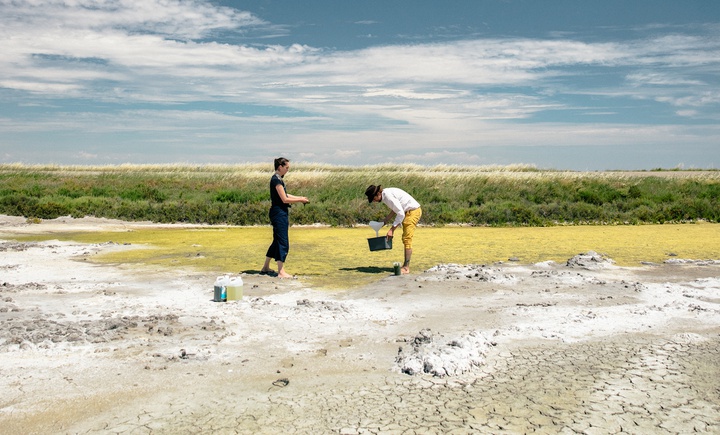
Article
Replay : Forum Vertigo 2019 - La fabrique du vivant
La troisième édition du Forum Vertigo qui s'est tenue en mars 2019 s'est consacrée aux enjeux artistiques et sociétaux des biotechnologies. Retrouvez l'intégralité des rencontres en replay.

Article
Replay : Forum Vertigo 2020 - Intelligence artificielle et création artistique
Retrouvez toutes les tables-rondes et le débat en replay sur notre chaîne Youtube !
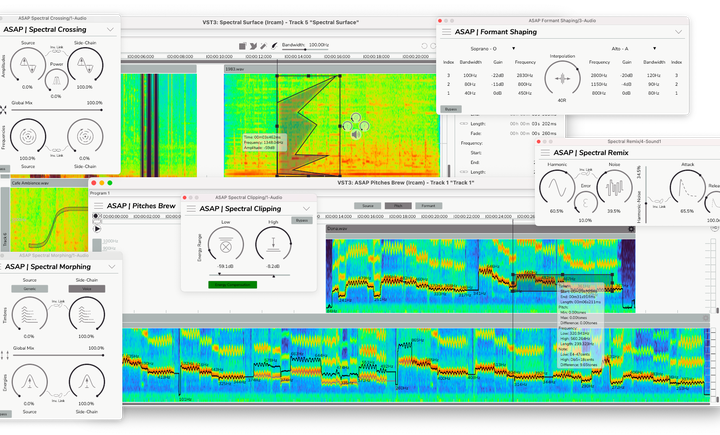
Article
ASAP, la nouvelle génération de traitements audio créatifs de l’Ircam
Découvrez ASAP, l'ensemble de plug-ins audio intégrant l’état de l’art de la recherche technologique de l’Ircam.
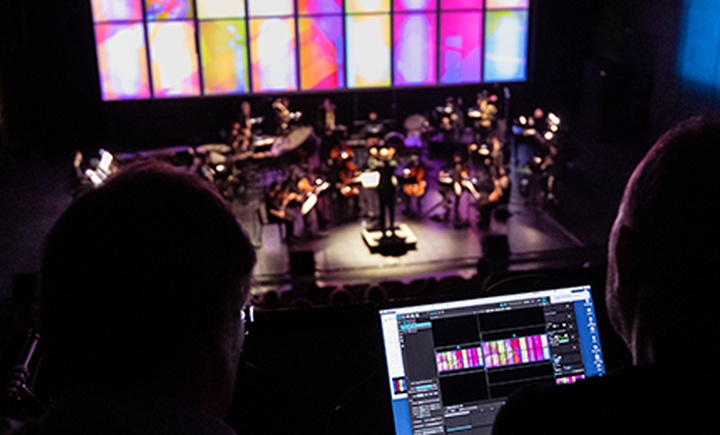
Article
ManiFeste-2021, nos concerts en replay pendant 6 mois
ManiFeste-2021 fut l’un des premiers festivals à rouvrir ses portes au public, du 31 mai au 30 juin. Un ManiFeste de la vitalité de la création contemporaine, des œuvres marquantes qui entreront dans le répertoire musical.
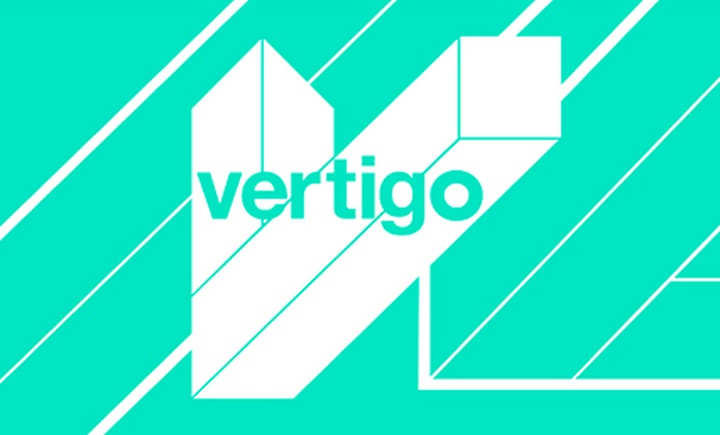
Article
Le projet VERTIGO au festival d'Avignon
« Europe, nouvelle génération » : Annonce des lauréats du programme de résidences artistiques VERTIGO STARTS 2017 le mardi 11 juillet à la Cour du cloître Saint-Louis.
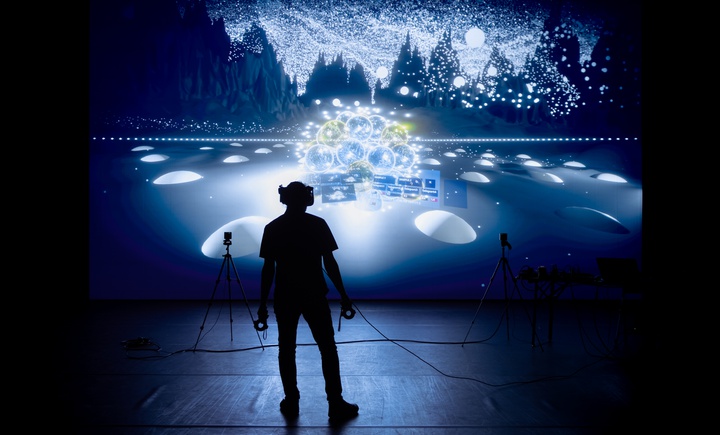
Innovations
Forum Vertigo
Depuis 2017, l'Ircam organise le Forum Vertigo, un cycle annuel de rencontres internationales entre scientifiques et artistes, ingénieurs et intellectuels. Vertigo: zoom avant sur le présent vertigineux. Chaque année sont présentés des événements pluridisciplinaires sur la création et l’innovation en …
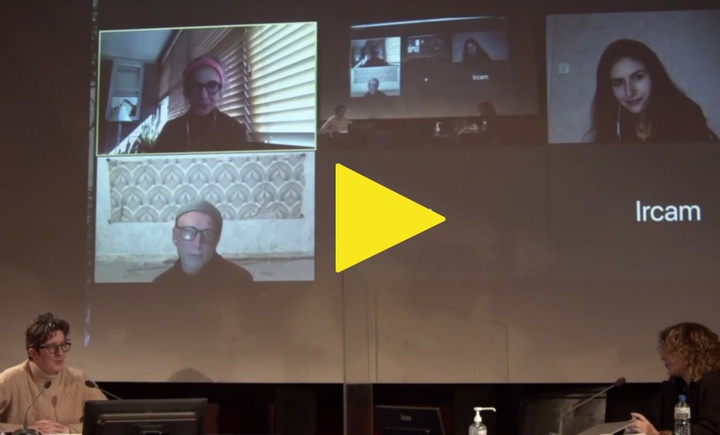
Article
Forum Vertigo 2021 : replay des rencontres
Le 3 mars dernier, la cinquième édition du Forum Vertigo a rassemblé artistes et programmateurs autour d'un thème : « Les nouvelles modalités de la présence artistique dans la crise Covid ». Comment créer, produire et diffuser la création musicale …
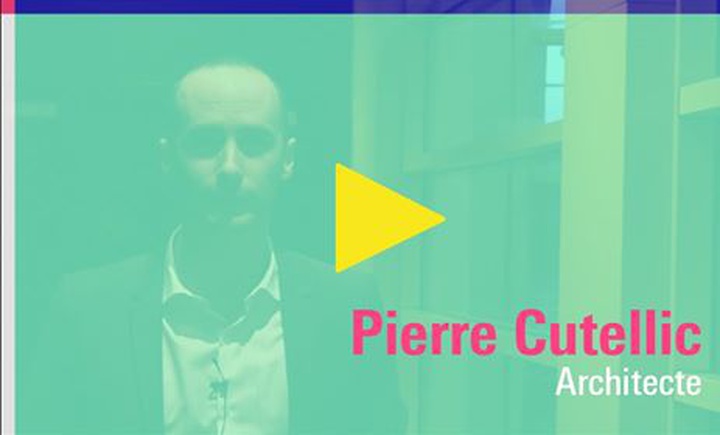
Article
Pierre Cutellic, comment intégrez-vous l'IA dans vos travaux ?
Pierre Cutellic est architecte et designer de formation. Doctorant à l'EPZ et membre du cabinet de conseil ARC Gehry Technologie, il créait The Computational Monkeys, un cabinet d'architecture et de design.
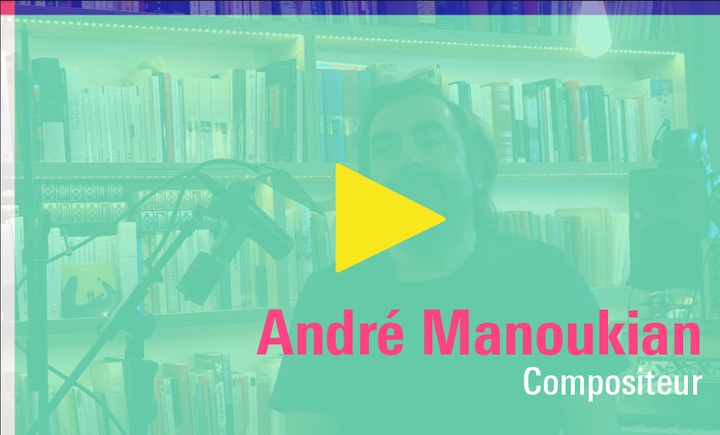
Article
André Manoukian, comment intégrez-vous l'IA dans vos travaux ?
André Manoukian est compositeur. Il recourt à l'intelligence artificielle pour l'élaboration des algorithmes de ses compositions, pour sa start-up MatchTune et lorsqu'il utilise la MAO.


